The refugee crisis in Europe has revealed the deep contradictions in the culture of war. As stated by the Nobel Peace Prize winners in their recent meeting in Barcelona: “The refugee and migration crisis does not exist in isolation. It is a symptom of the broader problems that confront humanity that include . . . the consequences of militarism, extreme nationalism and the use of force and proxy wars by global powers in pursuit of strategic, financial and ideological interests”
In his remarks on the crisis, Nobel Prize winner Kofi Annan says that Europe should consider the refugees as a potential resource rather than a liability. Taking this into consideration, at CPNN we look this month at the many initiatives around the world that welcome and integrate refugees into their societies.
In France, 15 civil society and international organizations are currently working to welcome and integrate refugees, which includes a network of 570 associations in the “Fédération nationale des associations d’accueil et de réadaptation sociale” (National Federation of Associations for Reception and Social Integration).
In Spain, the non-governmental Commission for Refugee Aid (CEAR) has the commitment of organizations and institutions in solidarity with refugees that form part of its Assembly: political parties, trade unions, religious groups and NGOs and prominent personalities in the field of defense and the human rights of asylum seekers. The School for the Culture of Peace in Barcelona is presently developing a map of cities with good practices in this regard.
Latin America has long been a leader in receiving refugees, with excellent legislation in many of its countries. The fundamental principles were adopted last December in Brasilia, on the occasion of the 30th anniversary of the 1984 Cartagena Declaration on Refugees. The action plan commits Latin American and Caribbean governments to approach the problem from a humanitarian point of view. Examples of this effort include the implementation of programs such as Quality Asylum, and Borders with Solidarity and Security, which address the needs of people who live, cross or return to border areas. With regard to the current crisis, some 6,000 Syrians have been received thus far in Brasilia, Buenos Aires and Montevideo.
In the United States Republican governors have opposed the reception of refugees from Syria, but in response, Cities United For Immigration Action, a coalition of nearly 100 cities and counties is leading the effort to promote and execute immigration reforms nationwide. The initiative includes a letter from 18 mayors of the most important cities, including New York, Chicago and Baltimore, saying among other things that “The global refugee crisis brings with it a responsibility and opportunity to welcome those seeking exile from tyranny and oppression.”
For example, the city of New Haven expressly invited a Syrian family that had been rejected by the Republican governor of Indiana, and the family was welcomed by the Democratic governor of Connecticut: “I assured them that not only was I welcoming them, but I was proud that they’ve come to the US and come to Connecticut.”
The American humorist and movie director Michael Moore summed up the struggle in an open letter to the Republican governor of his state of Michigan: “I just wanted to let you know that, contrary to your declaration of denying Syrian refugees a home in our state of Michigan, I myself am going to defy your ban and will offer MY home in Traverse City, Michigan, to those very Syrian refugees you’ve decided to keep out. I will contact the State Department to let them know I am happy to provide a safe haven to any Syrian refugee couple approved by the Obama administration’s vetting procedures in which I have full faith and trust. . . I’m asking anyone who can, anyone who has spare rooms in their homes or an empty apartment, cottage, or whatever, to make it available for Syrian and Iraqi refugees . . . THIS is what we want the “American way” to be from now on. No more war, or interfering in other people’s lives, no more turning our backs on the messes that we’ve created.”
And finally, we salute the 50 cities of ICORN (The International Cities of Refuge Network). Each ICORN member is a city of refuge and provides temporary shelter through residencies for persecuted writers and artists. The residency is typically for two years. According to ICORN, these “writers and artists represent a rich resource for the entire network of cities. They bring new impulses to the cultural life of each city; they contribute to enhancing knowledge about different cultures in your city and enrich our debate, our insight and our understanding.”
In the long run, the refugees can enrich our debate, our insight and our understanding that we must move from the present culture of war to a global culture of peace.
|
TOLERANCE AND SOLIDARITY |
WOMEN’S EQUALITY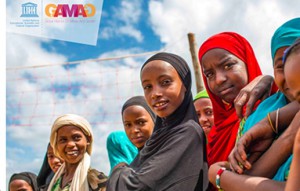 International dialogue on gender equality in the media to be held in Geneva |
DISARMAMENT AND SECURITY |
HUMAN RIGHTS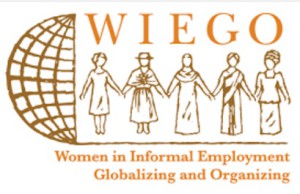 Nearly 100 Home-based Workers from 24 Countries Gather in Delhi to Adopt Historic Delhi Declaration on Workers’ Rights |
|
SUSTAINABLE DEVELOPMENT |
DEMOCRATIC PARTICIPATION |
FREE FLOW OF INFORMATION |
EDUCATION FOR PEACE |
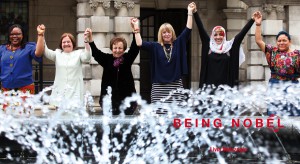
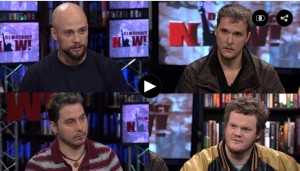
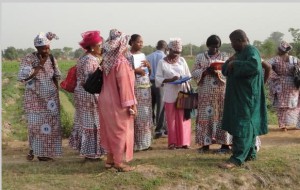
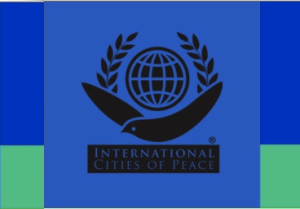
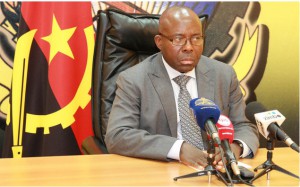
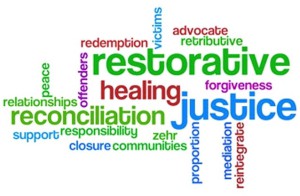
I am very happy that so many Europeans and Americans are supporting the Syrians arrival to their countries and provide them with shelter and hope. As many great European leaders have said they cannot ignore the suffering of the Arabs of our time as they ignored the suffering of the Jews under the Nazi regime of 1930’s and 1940’s. As such there is much more hope for solving some of the world problems and better addressing some of our world’s tragedies.
Eshagh Shaoul